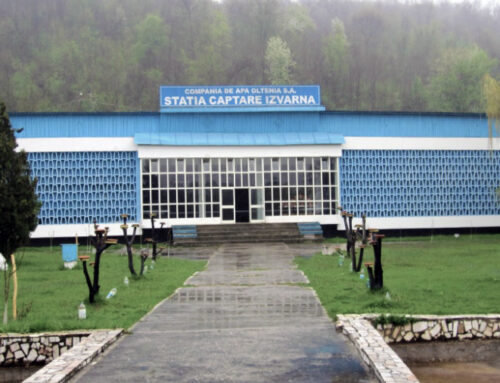The Ministry of Communications and Information Society has a crucial role to play in ensuring that Romania has everything it needs to take part in the new global information society. Valerian Vreme, former Minister, explains, “Upgrading Romania’s communications to develop a true information society is a major challenge for the country. It means changes in all areas of administration, business, education, culture, working methods and the use of the Internet. The Internet has radically changed our lives and we must keep up.”
On the communications front, according to Valerian Vreme, Romania has already made significant progress. In fact, Romania is now ranked second in the world in the speed of Internet connections and Constanta’s connections are ranked the fastest in Europe, one reason so many major international IT players have launched operations in Romania. In fact, Bucharest is now recognised as a regional IT sector hub. Developing a true information society comes next, Valerian Vreme believes. He says, “If we have good communications, we are ready for applications, such as virtualisation and cloud computing.”

Meeting EU’s digital agenda
The Ministry of Communications and Information Society is aligning its goals with the EU’s digital agenda. Developing cutting edge e-government systems is a top priority, and Romania is well on the way to meeting the targets of its e-government development programme set to be completed by 2015. Valerian Vreme explains, “Romania has recently implemented the time stamp, electronic archives, electronic IDs and e-payment systems as well as much more effective cyberspace security systems. These are instruments that allow major projects developed in public institutions to be addressed. The Ministry is currently coordinating ambitious new e-projects in most of Romania’s state institutions, including the Ministry of Health’s e-prescriptions initiative, the Ministry of Transport’s project with Google Maps, the Ministry of Finance’s e-systems for taxes and many more.”
These projects are being financed mainly by the World Bank, the EU, the International Monetary Fund and other international funding sources. “In the future, we plan to form private public partnerships for such projects, and Romania now has a new law for public private partnerships. We have already attracted interest from data centres, information solutions providers and others,” Valerian Vreme explains.
Valerian Vreme welcomes more private investment in Romania’s communications and information technology sector. He concludes, “Romania already offers highly skilled human resources and a modern IT infrastructure. We have established the foundations for the transition to a complete information society.”




